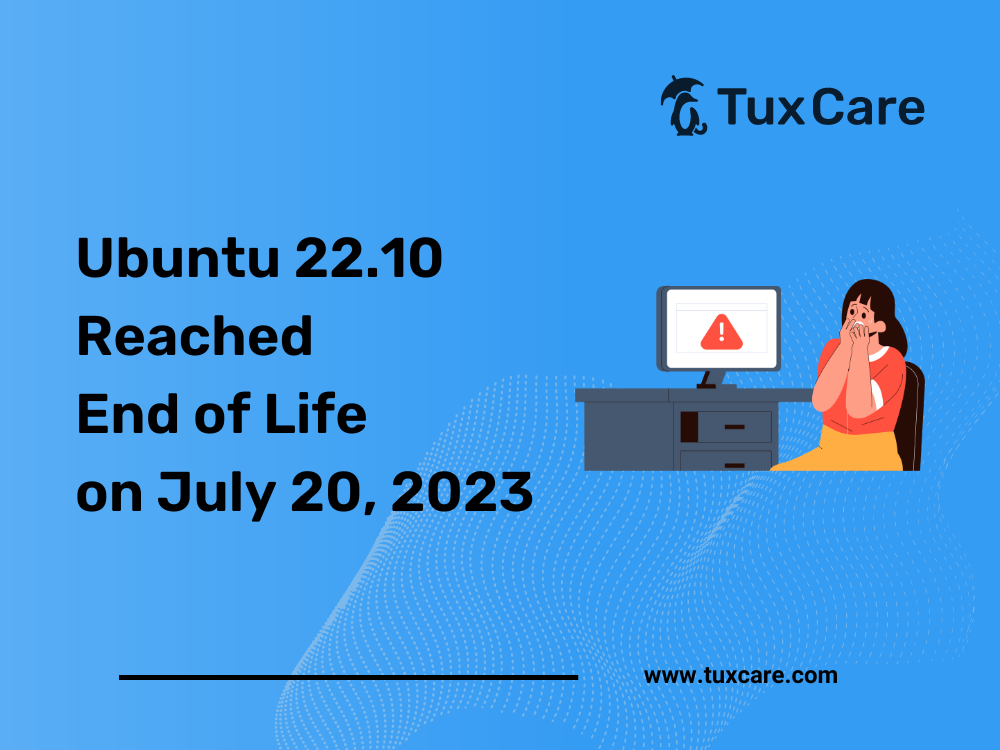Ubuntu 22.10 “Kinetic Kudu” Reached End of Life on July 20, 2023
Almost ten months ago, on October 20, 2022, Ubuntu made an announcement regarding the release of its 22.10 version. Dubbed “Kinetic Kudu” by Canonical, Ubuntu 22.10 is an interim release with support for software and security updates for a period of 9 months only. As expected, after the end of the support period, Ubuntu 22.10 reached its end of life on July 20, 2023. That means Ubuntu Security Notices no longer provides information or updates for Ubuntu 22.10, including packages.
Meanwhile, Canonical has already begun developing the next interim release, Ubuntu 23.10 (Mantic Minotaur), scheduled for release on October 12, later this year. Additionally, it currently incorporates the Linux kernel 6.3, which is expected to be replaced by Linux kernel 6.5 before the final release.
Upgrade to Ubuntu 23.04
With no software and security updates, Ubuntu 22.10 installations are more susceptible to various threats and attacks. Therefore, to ensure the continued security and functionality of the system, it is highly advisable that users of Ubuntu 22.10 upgrade to Ubuntu 23.04. Because Ubuntu 23.04 (Lunar Lobster), the most recent version, will continue to get active maintenance in the form of security updates and a few bug fixes through January 2024.
Conclusion
After an operating system reaches its End of Life (EOL), it is no longer maintained or supported by the vendor. That means no further security updates, bug fixes, or technical support will be provided, so users should promptly upgrade to the latest supported version.
Alternatively, third-party tools like KernelCare Enterprise provides security patches even after the end-of-life period. This gives you extra time to manage the migration process while keeping the systems secure and operational.
KernelCare supports automated security patching that eliminates the need for reboots or system downtimes, ensuring uninterrupted operations and seamless continuity. Find all supported kernels and distributions here.
The sources for this article include a story from 9to5Linux.



 Documentation
Documentation Login
Login



